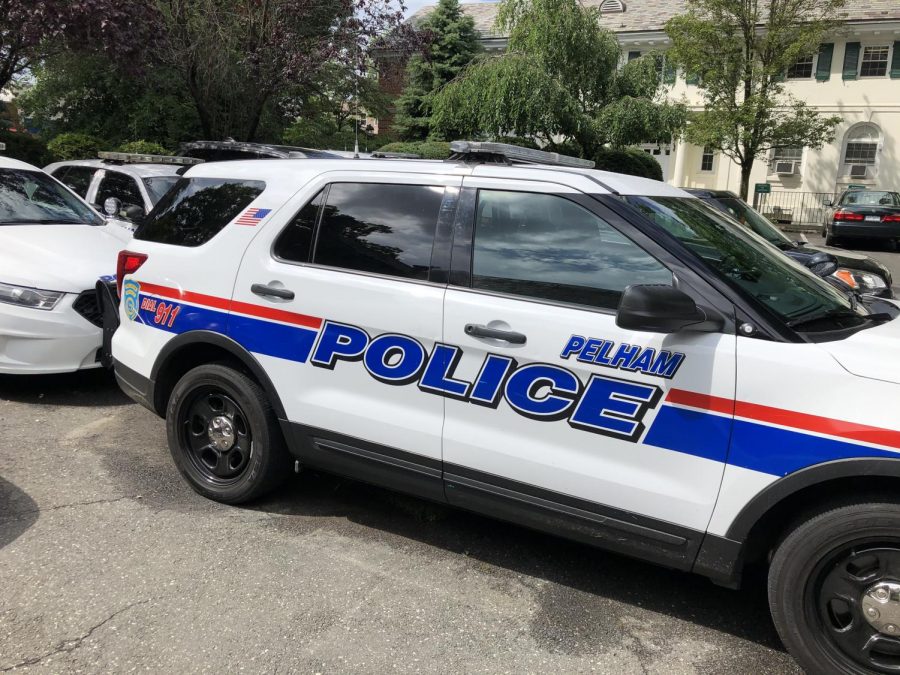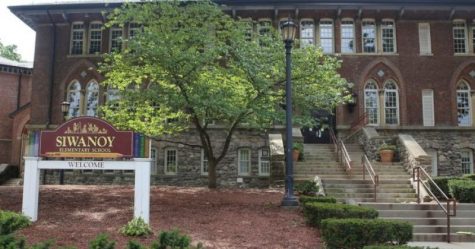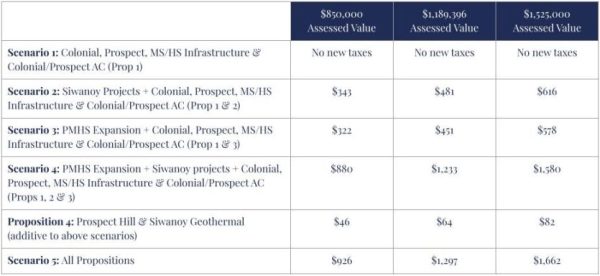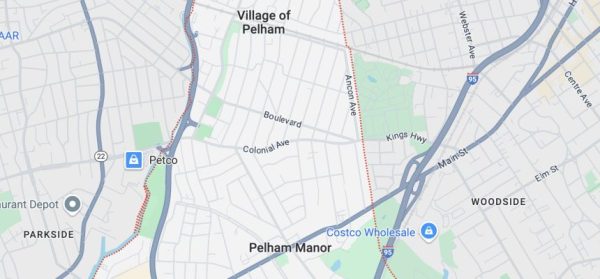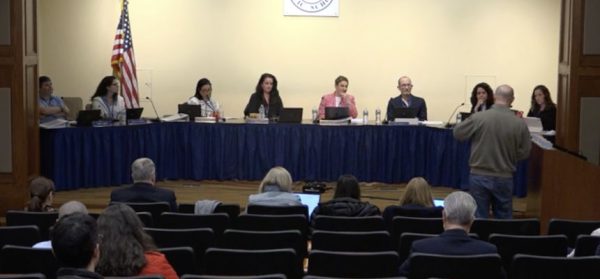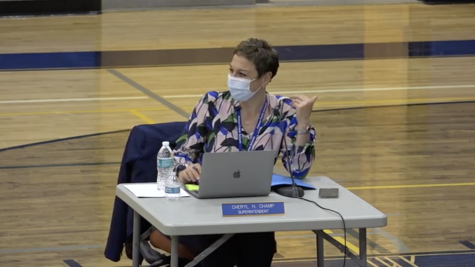Residents ask about police and schools during Village of Pelham’s third public forum on reform
The third public forum on police reform in the Village of Pelham Thursday covered issues involving the school district, including residency checks and officer patrols in schools, with Superintendent Dr. Cheryl Champ on hand to answer questions.
Resident Paula Wood, who is executive director of Progressive Women of Pelham, asked why the Pelham school district uses private investigators to look into “so-called residency fraud.” Wood cited a “very traumatic” investigation at the start of the this school year.
Champ said the investigation Wood questioned was an “unfortunate situation which was not handled appropriately.”
“In my entire educational career, I have not seen a situation handled the way that one was,” said Champ. “We made it crystal clear to BOCES that those investigators were not to do work for the Pelham Public Schools ever again.”
Details on the incident were not provided.
Champ told the forum that while the district no longer has off-duty police officers perform the checks, it is obligated to insure incoming students are Pelham residents. BOCES-hired investigators are performing the work.
The public forum was the last of three the village is holding. They comprise the second phase in the village’s process to comply with Gov. Andrew Cuomo’s executive order in June requiring all municipalities review their police departments for structural racism. The order was in response to the killing of George Floyd by Minneapolis police and the protests that followed. In phase one, a community steering committee met in the summer and fall to create recommendations for the village board, which are summarized in a 44-page report containing 48 proposed steps.
In phase three, the village board will consider the recommendations and approve a police reform plan by March 31 and submit it to the state.
When asked why the school district uses police as school security, Champ said that officers perform daily walkthroughs of each of the six Pelham schools but are not used for security purposes. The walkthroughs serve to familiarize officers with school facilities and Pelham students, a practice which began after the Stoneman Douglas High School mass shooting in Parkland, Florida, in 2018.
“When Parkland happened, I think we all felt the need to do something to just make sure our schools were as safe as possible,” said Champ. “(The officers) actually serve no actual policing or discipline or security function while they are in the facilities.”
Pelham United spokesperson Nora Tahbaz said that one of her organization’s goals is to build stronger relationships between students and officers, citing discussions with many Pelham students which revealed that “students felt fearful or uncomfortable with the police presence in schools.”
Pelham United has had ongoing communications with Pelham Police Chief Jason Pallett and his department to plan goals and action steps.
“We are trying to talk about our plan moving forward and how we can increase communication, increase trust, promote more inclusion and support within the schools,” said Pallett.
Lisa Robb, a member of the Village Council on the Arts, asked if officers could wear a “customer service” uniform when performing walkthroughs in order to appear more approachable and less “like a soldier.” Pallett said that D.A.R.E. (Drug Abuse Resistance Education) officers wear administrative uniforms when speaking with students.
According to Mullen, the police department is one of the more diverse departments in the village. He said it might be one of the most diverse departments in the Town of Pelham as a whole.
“I get frustrated when people refer to Pelham as a white community,” said Mullen, citing the fact that 59% of village residents identified as Caucasian in 2019, while 85% of village police officers identify as Caucasian. The racial discrepancy is in part due to the hiring constraints implemented by the state with which the village must comply, he said.
Mullen said the department must pick officers based on test scores achieved by candidates on a test only offered every four years. “It doesn’t make sense that we only do this every four years,” said Mullen. Since the department is required to pick the highest scorers first, those who don’t get picked have to wait three more years before they can take the test again, during which time many candidates find other jobs.
The village currently employs no female officers. Mullen said the department needs female officers in order to guard female prisoners in the case of prolonged detainment at the station. Currently, a female village parking enforcement officer performs this responsibility. He said the village is aiming to hire at least two female and Spanish-speaking officers in the near future.
Wood asked about the policy for arresting a non-binary or transgender person while the department has no female officers on staff.
Pallett said that depending on how the detainee identifies themself, the department could call in a female officer from Mt. Vernon or New Rochelle to assist. Pallett added that due to recent state bail reform legislation, the department has seen a noticeable decrease in extended detentions.
Robb asked if a female officer would be called in the case of sexual assault against a female victim.
The department would use the resources it has on staff, Pallett said, and the victim would be taken to the county medical center and properly cared for there, regardless of the presence of female officers.
Champ gave an overview of the district’s work with the NYU Metropolitan Center for Research on Equity and the Transformation of Schools, including some of the recommendations made in a racial equity audit. The proposed steps include diversifying classroom libraries and required reading materials, which Champ said is already underway.
The nearly two dozen other recommendations in the report also include reviewing existing barriers to employment, creating “affinity spaces” for minority groups, improving data collection systems, as well as having a more equitable approach to making school resources accessible for students and families. It specifically suggested the district revisit the implementation of the Princeton Plan at the elementary level to better integrate younger students. The Princeton Plan, considered ten years ago, would eliminate the neighborhood elementary school system, instead populating the schools by grade.
With this the final public forum, Mullen encouraged residents to continue to reach out to him with their concerns and ideas.
Aside from her work at the Examiner, she competes in the high jump for the track and field team as a team captain. In her free time she enjoys hiking,...
Georgia Russello is a graduate of Pelham Memorial High School's class of 2022. In addition to writing for the Examiner, she was a member of the Science...



